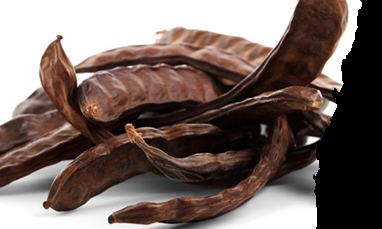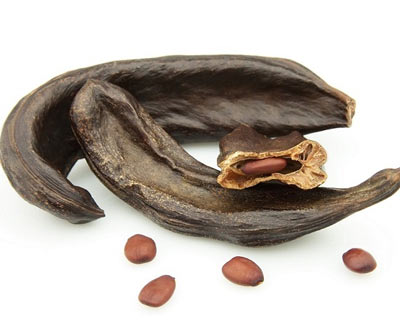Carob supplier is native to the eastern Mediterranean, probably the Middle East, where it has been in cultivation for at least 4000 years. Carob also thrives in the wild. The plant was well known to the ancient Greeks, who planted seeds of this plant in Greece and Italy. Carob pods are high in calcium and vitamin A. It also contains B vitamins, magnesium, potassium, and the trace minerals iron, manganese, chromium, copper, and nickel. Moreover, the pod has vitamin A, B vitamins, and several important minerals. They can be eaten directly by livestock, but we know carob mostly because the pods are ground into a flour that is a cocoa substitute.
Work out why you prefer to use carob over chocolate. It might be as simple as your preference for the taste. One of the main reasons for preferring it over chocolate is that a person has allergies or unpleasant reactions to chocolate. Chocolate causes headaches and some other reactions in sensitive persons. In this case, carob can be substituted without the side effects of chocolate. Another reason is simply that carob supplier its own taste dimension to food. The carob tree is a slow growing, medium sized evergreen tree originating in the eastern Mediterranean. It is a member of the Legume (Pea) family and is the only member of the genus Ceratonia. It is a xerophilous scleophphyllous species well suited to dry infertile environments. The species is trioecious with male, female and hermaphrodite inflorescences and is often multi stemmed growing up to 15 meters in height. The production of fruit begins around the age of 15 and continues for the life of the plant. The leaves are broad, dark green and offering substantial shade. The pods are long and leathery often growing up to 300mm long.
Carob is a species that has a long history of use by humans. Other names commonly used for Carob supplier are St John's Bread and Locust. Legend has it that St John ate the pods of this species and hence the name.
Carob flowers blossom in autumn (September to November). The flowers are small and numerous, spirally clustered along the inflorescence axis in catkin-like racemes borne on old wood and even on the trunk (cauliflory). Within the inflorescence the basal flowers open before the apical ones; they are pollinated by both wind and insects. Carob male flowers has characteristic odor, resembling semen Carob supplier is native to the eastern Mediterranean, probably the Middle East, where it has been in cultivation for at least 4000 years. The plant was well known to the ancient Greeks, who planted seeds of this plant in Greece and Italy. Carob has a long history of use. It is used by the early Egyptians as sweetener and was even believed as the food that sustained John the Baptist when he was young thus it is also called St. John's bread.
Carob is more than just a sweet substitute for chocolate. In fact, its use for health benefits goes back 4,000 years. There is even mention of carob in the Bible as “St. John’s bread” or “locust bean.” (This is because people believed that John the Baptist was eating locusts.) It can help lower your cholesterol. Some medical benefits of carob supplier likely come from its antioxidant content. Like cocoa, carob contains polyphenols, antioxidants known to reduce the risk of heart disease. Research shows that adding polyphenol-rich foods such as carob to your diet may help reduce high cholesterol.
The fruit is a pod that can be elongated, straight or curbed, color is green during the developmental stages, dark brown when ripe. Carob supplier pod takes about 11 to 12 months to develop and ripen. The beans start to change their ground color and usually ripen a month later. Ripe pods fall to the ground and are eaten by various animals thus dispersing the seeds. Humans eat dried or roasted pods instead of the seeds.Carob is native to the eastern Mediterranean, probably the Middle East, where it has been in cultivation for at least 4000 years. Carob also thrives in the wild. The plant was well known to the ancient Greeks, who planted seeds of this plant in Greece and Italy. Carob pods are high in calcium and vitamin A. It also contains B vitamins, magnesium, potassium, and the trace minerals iron, manganese, chromium, copper, and nickel.





